On this day (October 3) in 1967, Woody Guthrie died at Creedmore Psychiatric Center in New York after a battle with Huntington’s disease. He was 55 years old. Before his death, Guthrie wrote and recorded some of the most influential and best-known American folk songs, including “This Land Is Your Land.”
Videos by American Songwriter
Guthrie grew up in a small town called Okemah in Oklahoma. It started as a farm town. Then, in 1920, a nearby discovery of oil transformed the sleepy community into an “oil boom” town seemingly overnight. A few years later, the oil stopped flowing, and the town took an economic hit. Guthrie, still a child, watched the world around him change.
[RELATED: Woody Guthrie’s 1968 Tribute Concert Brought Together the Best Songwriters of the ‘60s]
His home life wasn’t much easier. According to his biography, “With the accidental death of his older sister Clara, the family’s financial ruin, and the institutionalization and eventual loss of his mother, Woody’s home life was forever devastated.” So, in 1931, at the age of 25, Guthrie packed up and left town. He settled in Pampa, Texas, for a while. There, he formed a band, learned to draw and paint, and met his first wife, Mary.
Then, in 1935, the Dust Bowl struck. Already struggling through the Great Depression, the Dust Bowl made it impossible to support a family. So, like countless others, Guthrie headed west in search of work. He did odd jobs and sang in bars when he could. Finally, two years later, he landed in Los Angeles.
Woody Guthrie on the Radio
Woody Guthrie had experienced several hardships in life and found more on his way to the West Coast. He was an “Okie”–one of the many Dustbowl refugees who were looked down upon by native Californians. However, he found an outlet when he landed a job at the radio station KFVD. There, he sang old-time folk tunes and original songs. More importantly, he gained popularity with his fellow Okies.
When he wasn’t singing songs that made them feel at home, he was railing against the systems that kept them huddled in camps up and down the coast. He spoke out about corrupt politicians, lawyers, and law enforcement. He also praised union organizers, the teachings of Jesus Christ, and the outlaw Pretty Boy Floyd. His time on the radio helped him become comfortable with his outsider status. It also gave him the momentum he needed to move to New York City.
The New York Folk Scene
Woody Guthrie arrived in New York in 1940. There, he met folklorist Alan Lomax, who recorded the legendary Dust Bowl Ballads, his first album of original songs. He also met and became friends with some of the most prominent folk musicians of the era. Brownie McGhee, Will Geer, Pete Seeger, and Burl Ives were in his inner circle. Later, they would be known as the Almanac Singers. The loose-knit group of musicians took up several social causes, including union organizing, peace, and anti-fascism. They also helped establish folk music as a commercially viable format.
Later, members of the Almanac Singers would form the Weavers and record several of Guthrie’s songs, making him one of the most popular folk songwriters in the country.
“Drop the word ‘folk’ and just call it real, old, honest to God American singing. No matter who makes it up, no matter who sings it and who don’t, if it talks the lingo of the people, it’s a cinch to catch on, and will be sung here and yonder for a long time after you’ve cashed in your chips,” Guthrie said. “If the fight gets hot, the songs get hotter. If the going gets tough, the songs get tougher.”
Woody Guthrie’s Immortal Legacy
“This machine kills fascists” were the words famously painted on the face of Woody Guthrie’s Gibson acoustic guitar. That spirit lives on in countless singers across a spectrum of genres. At the same time, many of the artists he inspired have covered his songs.
There is something of Woody Guthrie’s outsider spirit in every artist who takes up an instrument and sings about what is right and just and true. Artists like Bob Dylan, Johnny Cash, Bruce Springsteen, the Band, the Grateful Dead, Lou Reed, and countless others looked to him for inspiration. The countless artists they influenced will do the same, whether they know it or not.
“There is no real trick of creating words set to music, once you realize that the word is the music and the people are the song,” Guthrie once said, outlining his thoughts on songwriting.
Featured Image by Bettmann/Getty Images

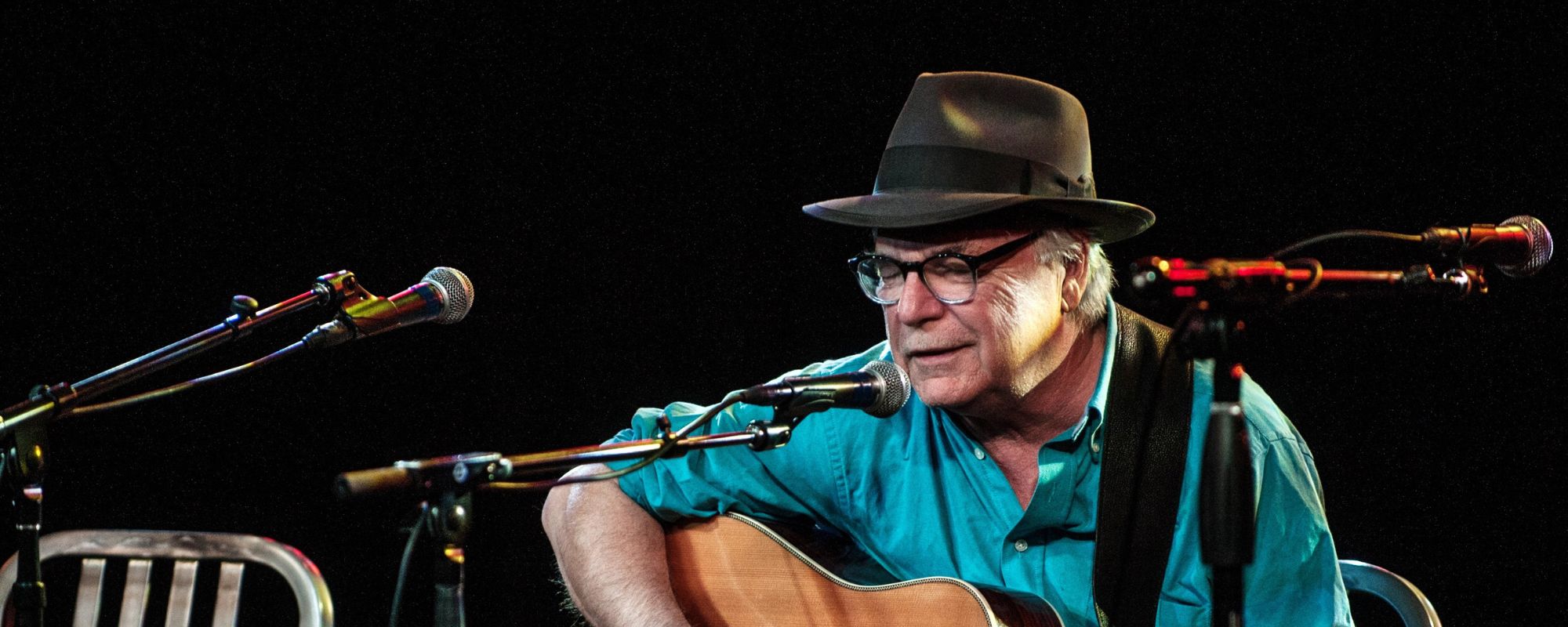
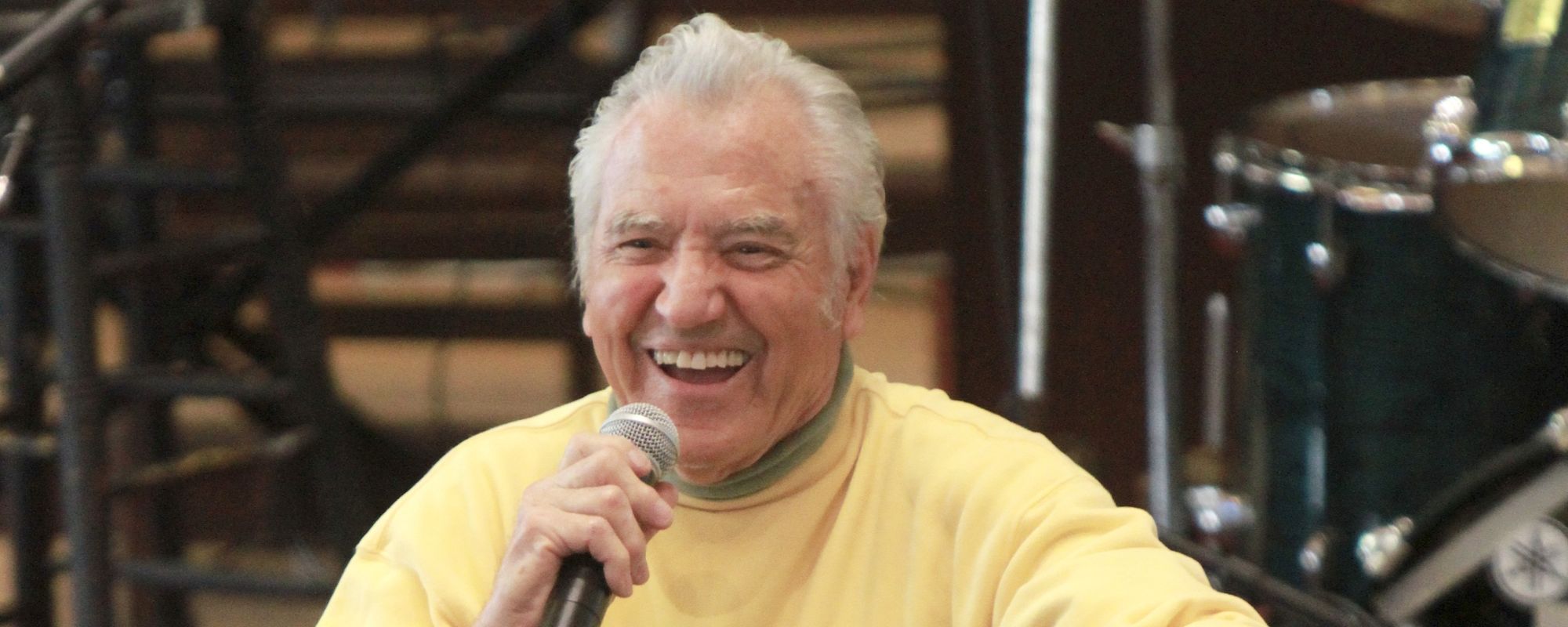

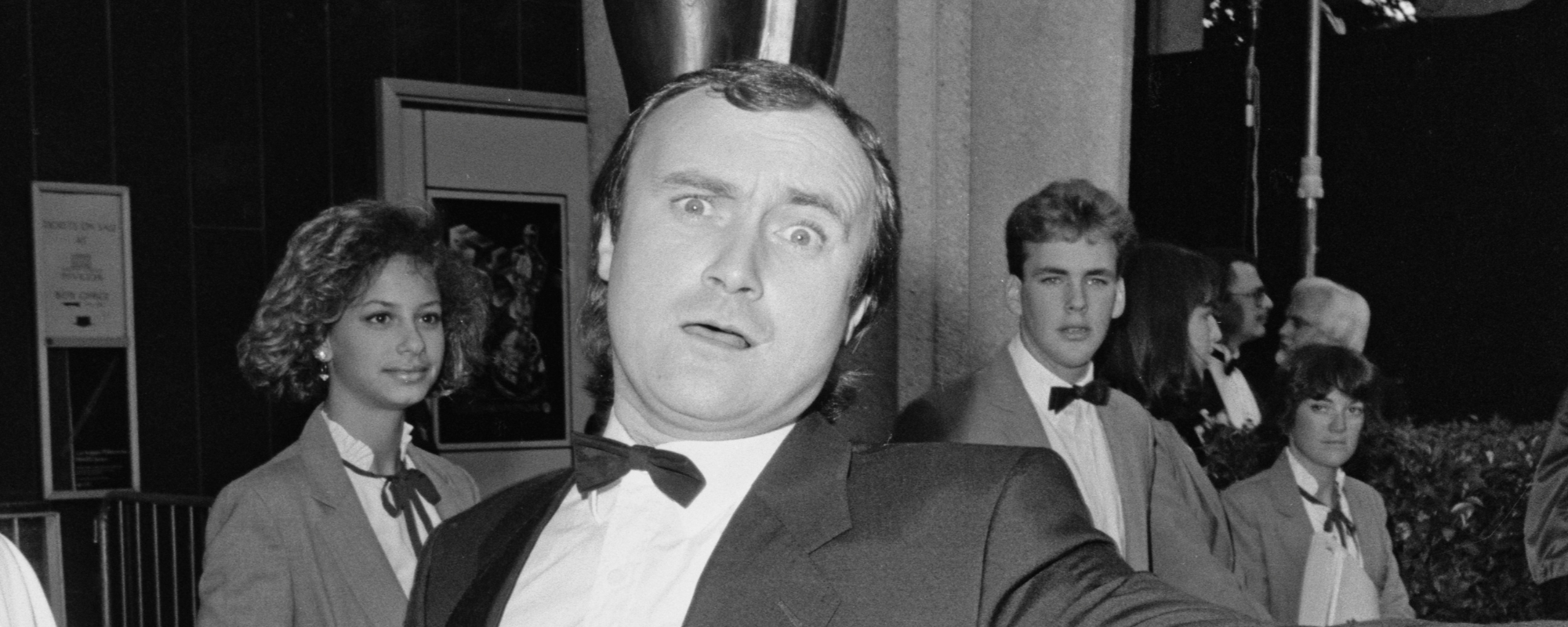
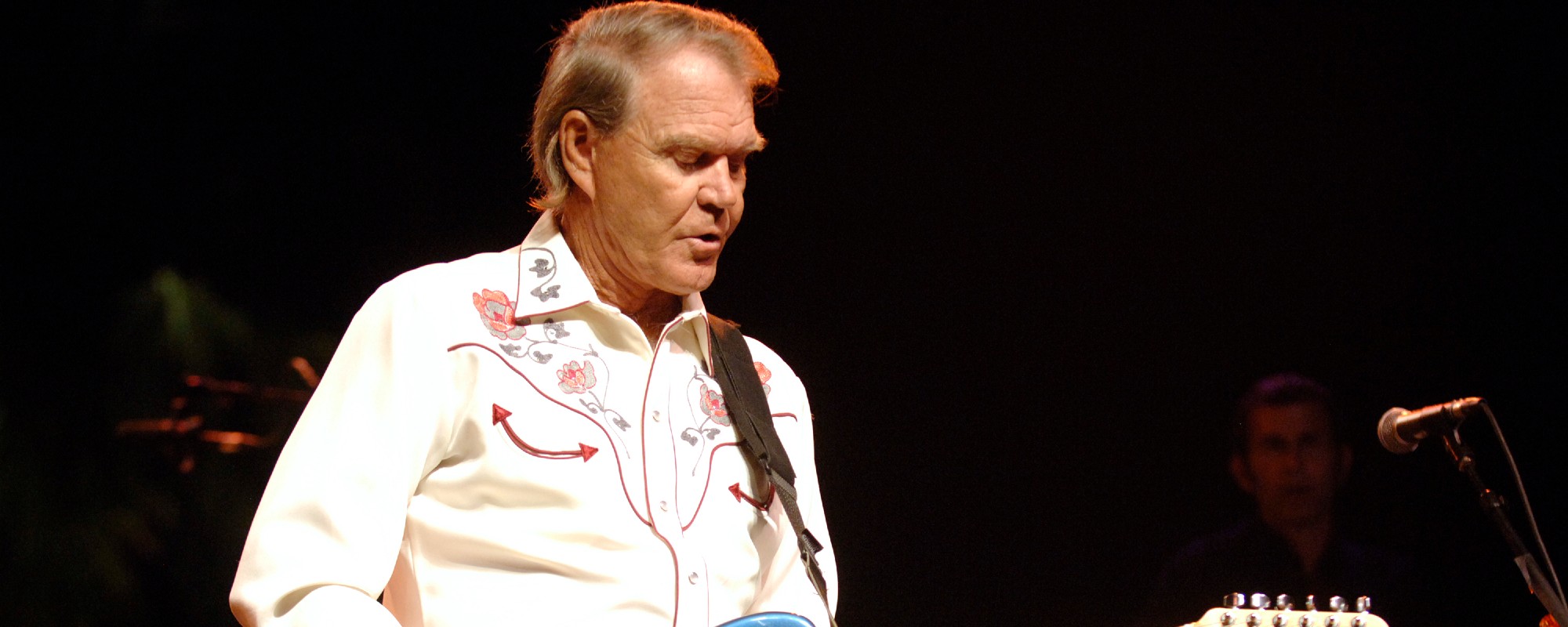

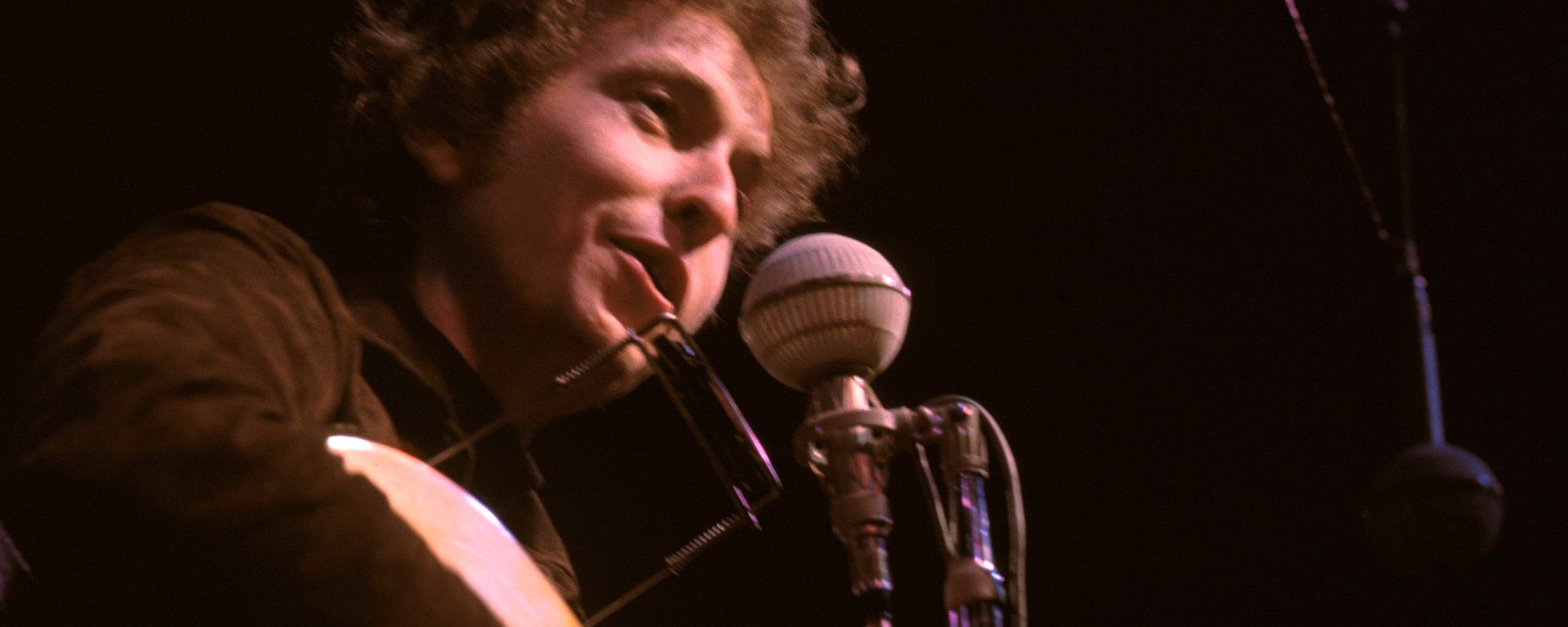

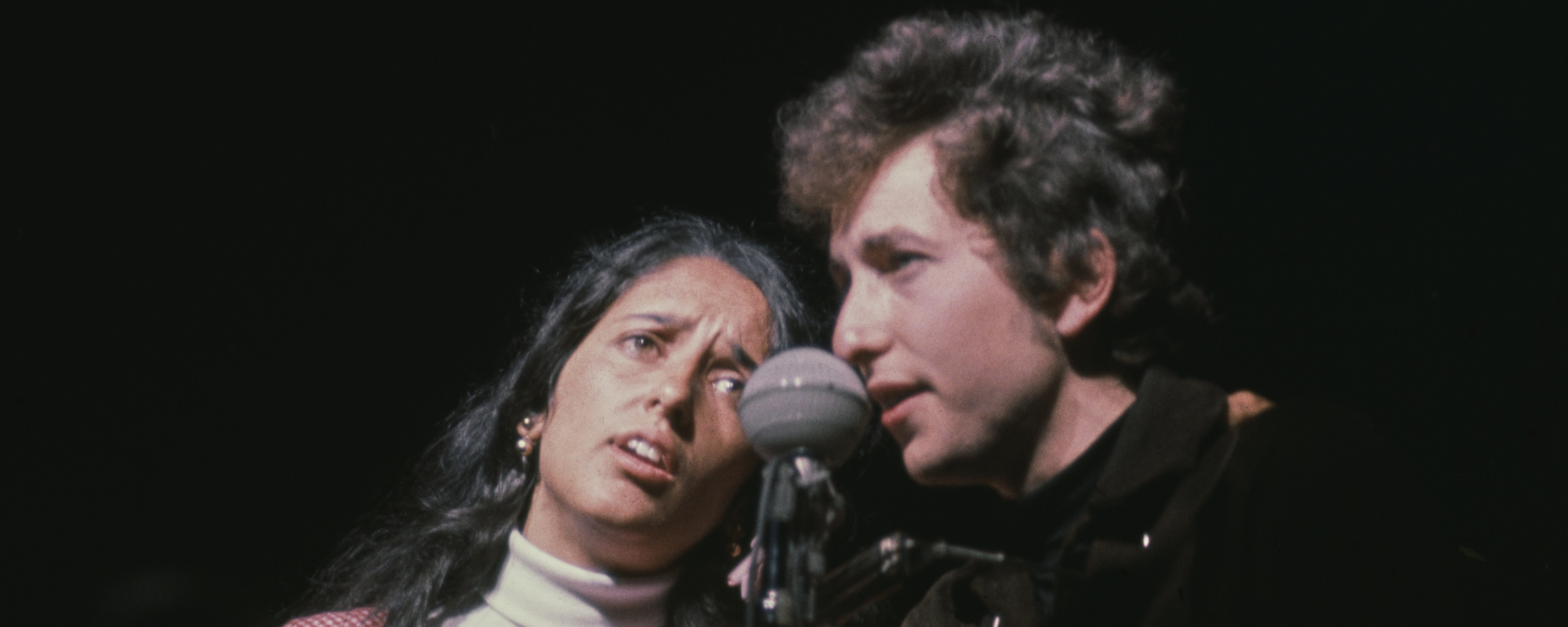
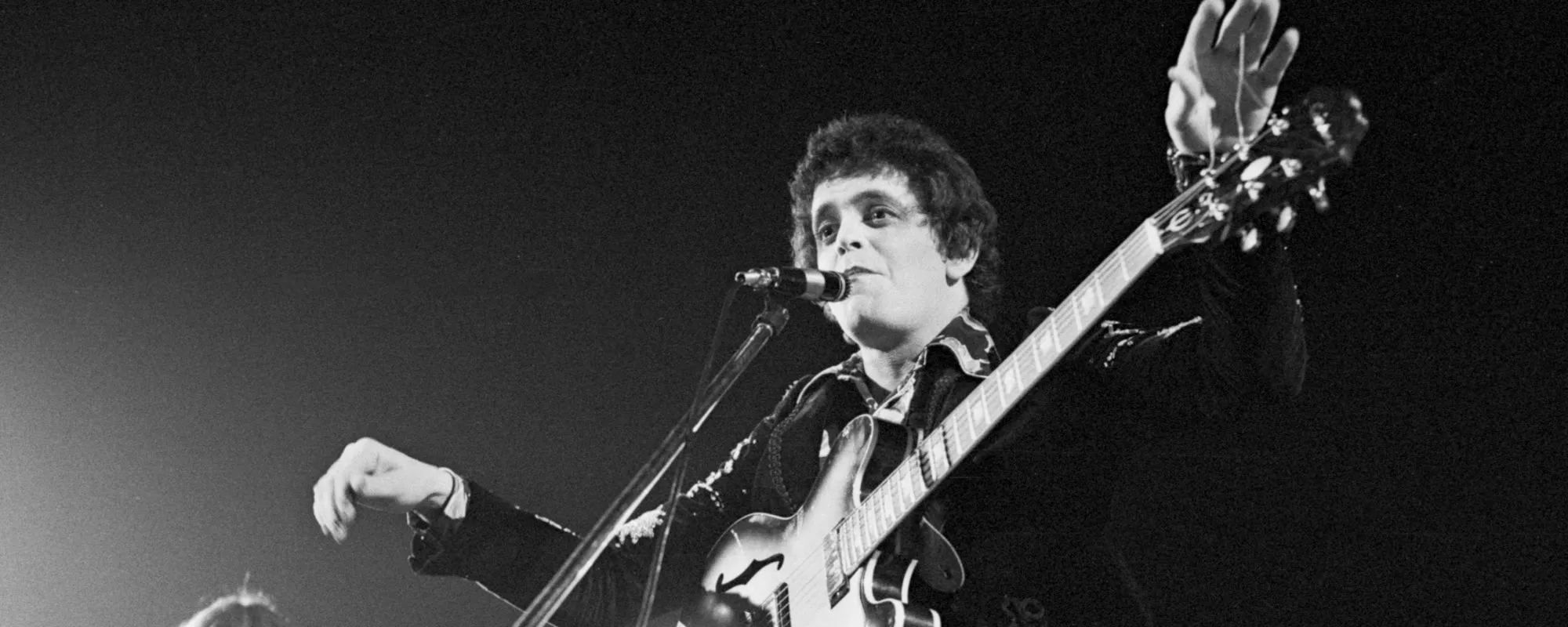

Leave a Reply
Only members can comment. Become a member. Already a member? Log in.